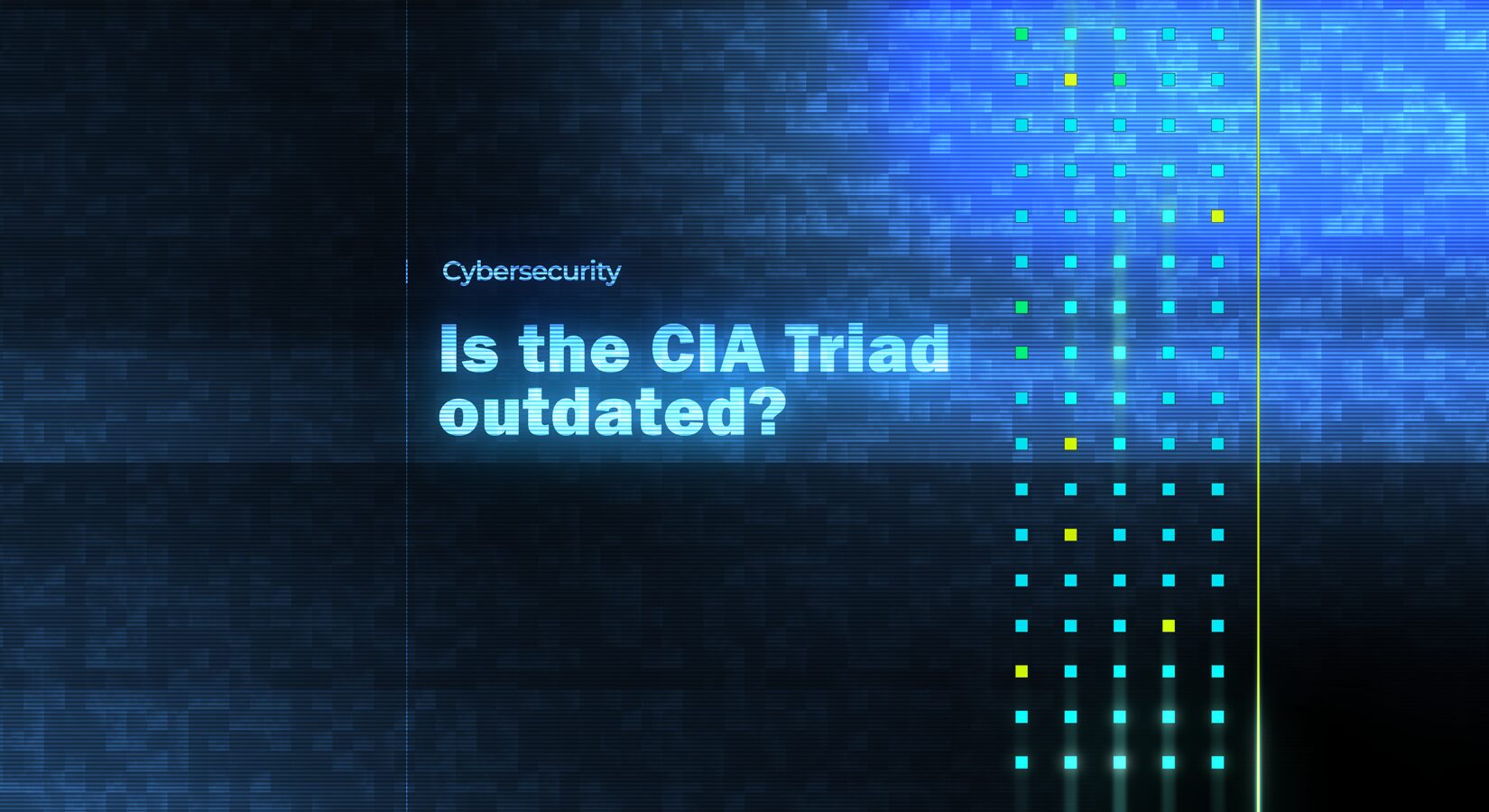
Is the CIA Triad outdated?
|
Tune in and get Inspired 🎧
Getting your Trinity Audio player ready...
|
No, the CIA Triad is not outdated. In fact, it remains relevant in many aspects of modern cybersecurity. The core principle behind the CIA Triad – confidentiality, integrity, and availability – are still fundamental tenets in the field that provide a basis for protecting data from unauthorized access or exploitation.
While some may argue that the CIA Triad is outdated due to the evolution of threats and technology, its principles have been adapted and incorporated into current security standards and frameworks that organizations use. For example, the National Institute of Standards and Technology (NIST) Cybersecurity Framework has adopted many aspects of the CIA Triad in its recommendations for cybersecurity best practices.
Estimated reading time: 4 minutes
What is the importance of integrity in securing the trustworthiness of data?
Integrity can be improved by adding Non-repudiation and Authenticity to ensure that information is safeguarded from any improper alteration or destruction. These measures will help preserve the trustworthiness of data and provide excellent protection against malicious activities. Integrity is essential in creating a safe, secure environment for all users. By implementing Non-repudiation and Authenticity, organizations can have even greater assurance that information is safe.

What does non-repudiation mean?
Non-repudiation is a concept in cybersecurity that helps ensure the validity of digital information by providing evidence that a person or party indeed did something. It ensures that someone cannot deny having done an action once they have done it, preventing them from claiming they didn’t do it later. In other words, once you sign a document or send an email, you can’t later deny doing so. Non-repudiation provides an extra layer of protection for digital information.

What does authenticity mean?
Authenticity or authentication is a concept in cybersecurity that helps ensure the integrity of digital information by verifying that it comes from an authorized and trusted source. It prevents malicious entities or bad actors from using false data or identities to access sensitive systems, networks, or databases. Authenticity assures that data has not been tampered with and can be trusted. Authentication measures such as digital signatures, encryption, and access control can be used to verify the authenticity of data. Authentication techniques can also help prove that someone is who they claim to be, protecting information from unauthorized access or misuse.
Conclusion: The Power of the CIA Triad in Cybersecurity.
In conclusion, the CIA Triad remains a fundamental cornerstone of modern cybersecurity. Its principles have been adapted and incorporated into current security standards and frameworks to ensure data confidentiality, integrity, and availability. Non-repudiation and Authenticity are essential for protecting the trustworthiness of data from malicious actors. Implementing these measures can help organizations create a safe, secure environment resistant to unauthorized access or exploitation. The CIA Triad and its derivatives will continue to play an integral role in ensuring digital information security.
MediaTCgroup’s Cybersecurity Project Management services can help organizations implement the principles of the CIA Triad. Our knowledgeable team is committed to helping organizations take the necessary steps to protect their data and keep it secure.

